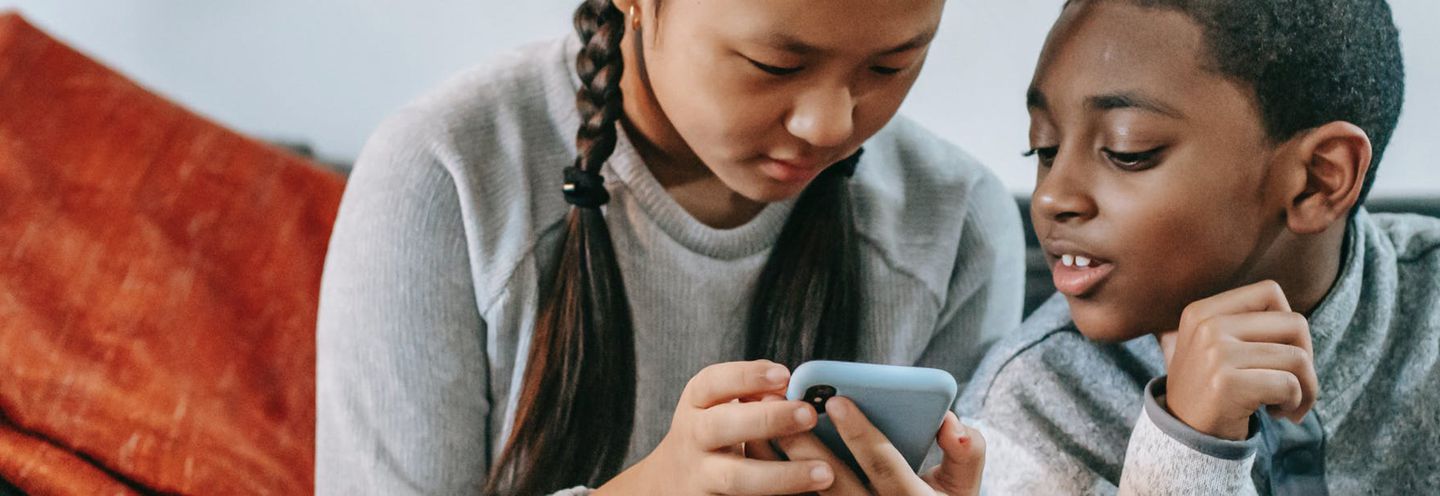Racial and Cultural Diversity
Media portrayals of racial and cultural diversity - Overview
Racial and Cultural Diversity in News Media
Objectivity and accuracy are among the most important journalistic values. Consistently, however, Canadian news media has under-represented and stereotyped racialized groups.
Racial and Cultural Diversity in The Newsroom
In the same way that Canadian news reporting does not reflect Canada’s multiculturalism, racial diversity ‘behind the scenes’ of news media is similarly disproportionate. Almost a quarter of the Canadian population identifies as a member of what Statistics Canada refers to as a “visible minority,” and while a 2021 study found a similar rate of representation in newsrooms, eight in ten Canadian newsrooms have no racialized journalists in leadership roles.
Racial and Cultural Diversity in Entertainment Media
In much the same way that racialized groups are under- or misrepresented in news media, they are also not accurately portrayed in entertainment media, which tends to reinforce themes that are conveyed in the news. Although positive change is occurring, it is important that media content more accurately and fairly reflect the reality of Canadian multiculturalism.
Racial and Cultural Diversity Participation in Canadian Media
Racially and Culturally Diverse Media - Barriers and Challenges
Although the benefits of diverse media are considerable, the creation process can be riddled with challenges.
Racial and Cultural Diversity and Canadian Broadcasting Policy
Canada’s Broadcasting Act, last amended in 1991, outlines industry guidelines for portrayal of diversity.

